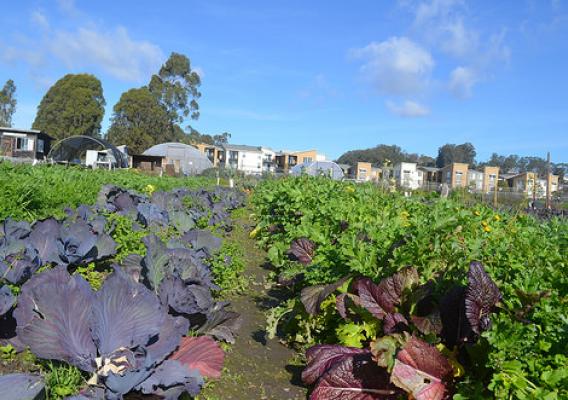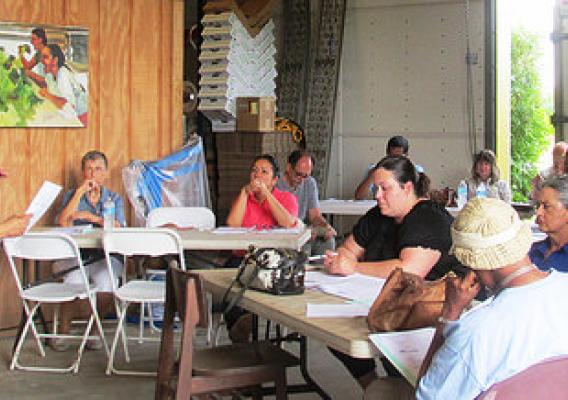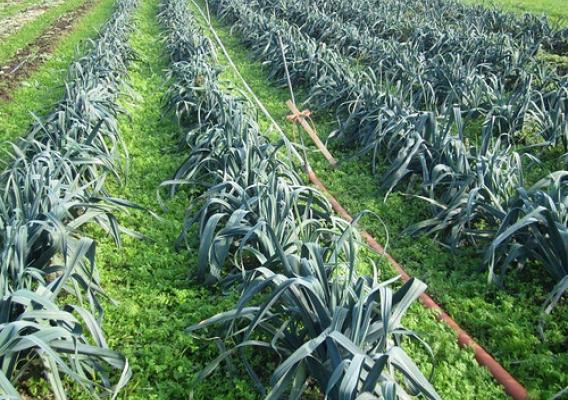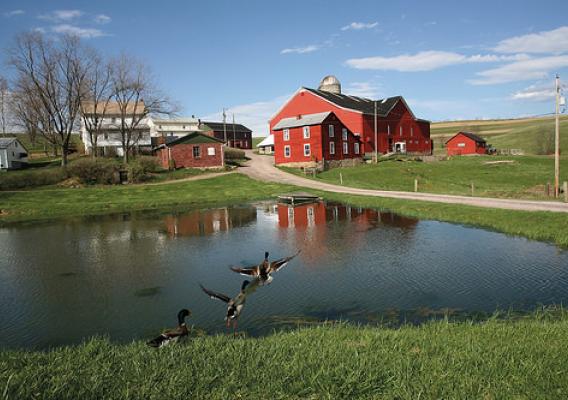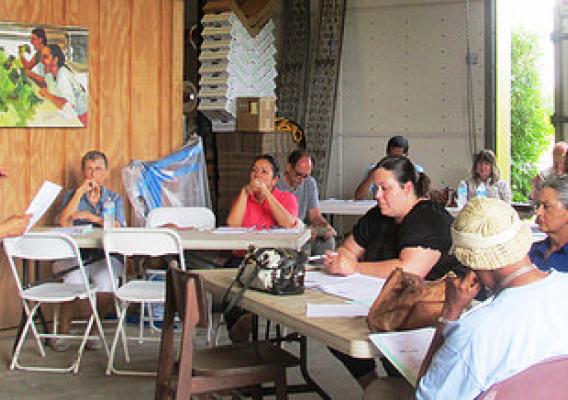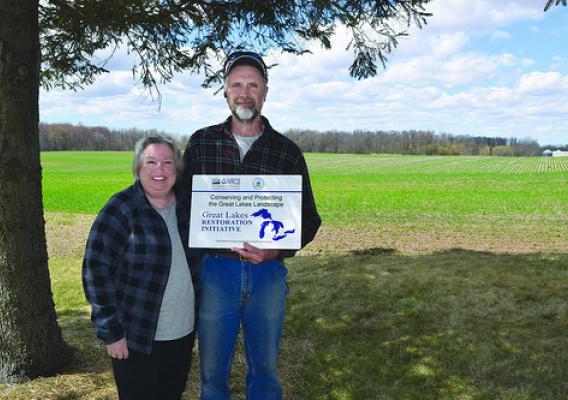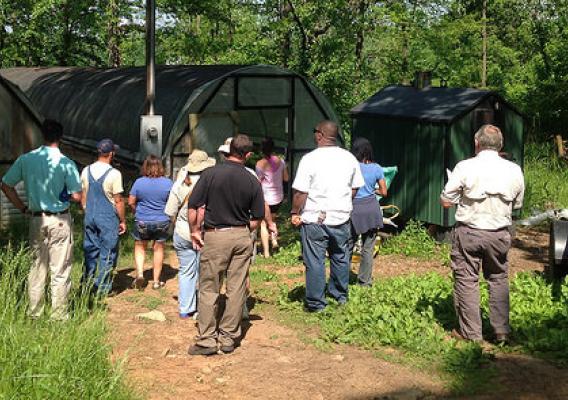Organic food sales in the United States have shown double-digit growth during most years since the 1990s, and this trend shows no sign of slowing. The Nutrition Business Journal reports annual growth in the nation’s organic food sales has generally exceeded 10 percent since the downturn in the American economy in 2008. U.S. organic food sales approached an estimated $37 billion in 2015, up 12 percent from the previous year. The country’s top food retailers, including Costco, Kroger, Walmart and Target, have expanded their organic food offerings in recent years, and have announced initiatives which could further boost demand.
Although organic sales have been increasing from a small base, the Organic Trade Association estimates that U.S. organic food purchases accounted for nearly 5 percent of the total food market in 2014. In addition, U.S. sales of organic personal care products, linens, and other nonfood items were in excess of an estimated $3 billion in 2014. Certified organic farmland has also expanded, while not as fast as organic sales.

